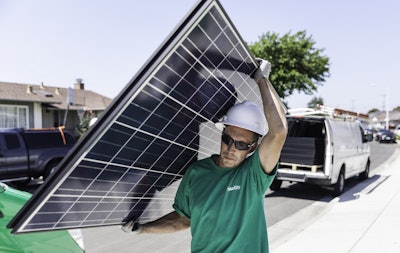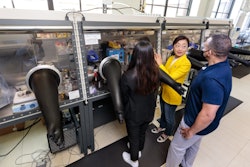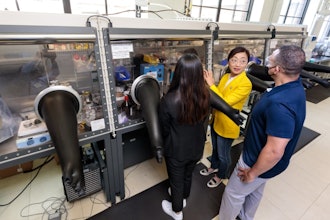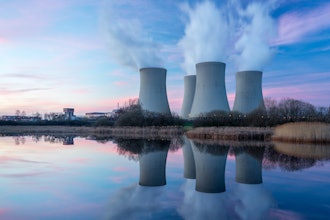
Solar panel installer SolarCity announced Thursday that it would begin offering residential service in Florida after the state's voters rejected a solar energy ballot initiative on Election Day.
SolarCity, which was recently acquired by Tesla in an effort to create a "one-stop" shop for solar panels and energy storage, said that service would initially be available in the Orlando area to customers of Duke Energy and the Orlando Utilities Commission.
Service would then expand to other areas of the state "in the coming months."
The company said that although Florida is not as sunny as states in the southwest, Orlando experiences about 230 sunny days each year and that SolarCity targeted the state "for a long time."
Officials also credited voters for defeating Amendment 1 last month and said the expansion would not have been possible had the initiative passed.
The proposed amendment would place Floridians' right to own solar technology in the state's constitution — but it would also forbid conventional utility customers from subsidizing solar owners.
Current policy, like that of many other states, requires utilities to credit or pay solar users for the energy that they produce. Critics argued that the amendment was backed by large utilities and deceptively written to feign support for solar while, in effect, enacting substantial barriers to the solar industry.
The leader of a utility-backed think tank acknowledged as much in an early October speech, according to the Miami Herald.
Florida requires constitutional amendments to receive the support of 60 percent of voters; Amendment 1 was rejected by 49 percent.
“The entire industry was nervous," SolarCity CEO Lyndon Rive told the Orlando Sentinel about the vote. "But we had an incredible coalition with multiple industry groups and everyone just defending their right to produce their own energy.”






















